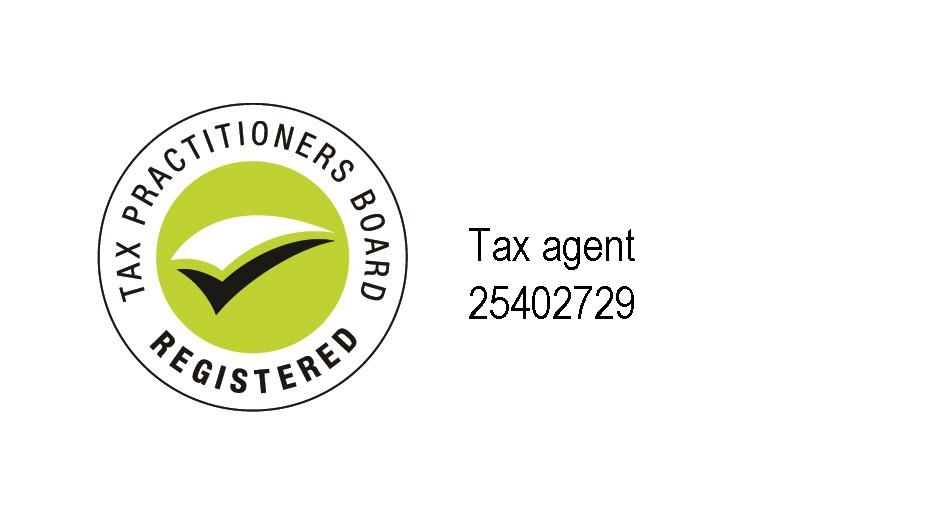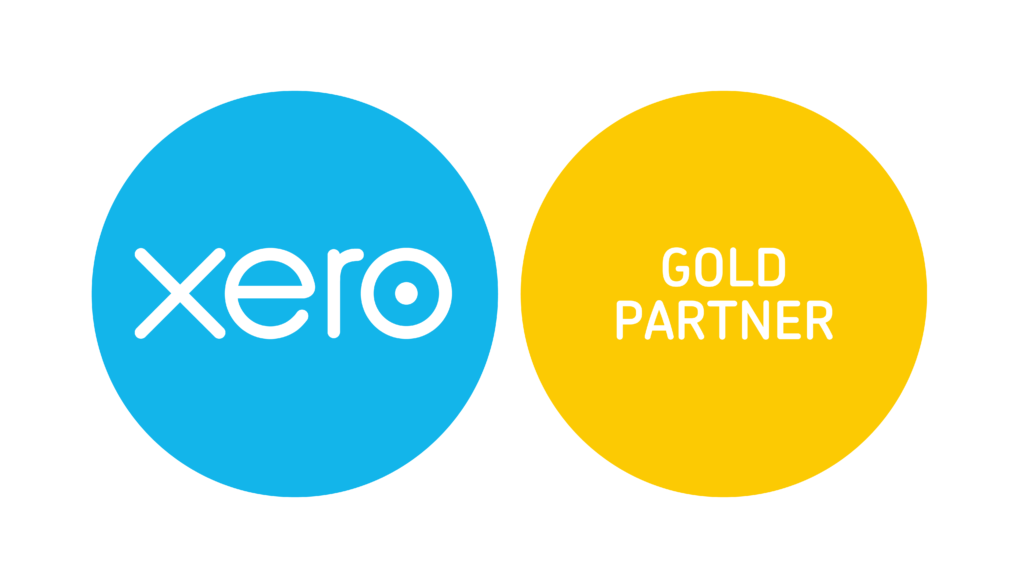Business Conditions Surge in March 2021

Key Points
- NAB’s monthly business survey for March 2021 reflects a rapid yet unexpected recovery, following record lows in early 2020.
- Overall, the recovery over the last year has been much more rapid than anyone could have forecast.
- Respondents reported a rise in business conditions, which rose 8 index points to 25 index points, despite the end to JobKeeper, which was forecast by Treasury to cost up to 150,000 jobs.
Full Article
Earlier this month, NAB released its March 2021 business survey results, which reflects a rapid yet unexpected recovery, following record lows in early 2020.
“Overall, the recovery over the last year has been much more rapid than anyone could have forecast.” said Alan Oster, Chief Economist at NAB.
Respondents reported a rise in business conditions, which rose 8 index points to 25 index points, despite the end to JobKeeper, which was forecast by Treasury to cost up to 150,000 jobs.
“This is a very solid survey result. Businesses are telling us activity continues to increase at a very healthy rate as we have moved past the rebound phase in activity with the earlier removal of pandemic-related restrictions.”
March also saw business confidence fall 3 index points to 15 index points but remains above average.
Business confidence took a dip across all industries as a result of slowed wholesale and manufacturing, with the mining, finance, business and property, and construction sectors reporting the highest levels of confidence. Retail and wholesale reported the lowest levels of confidence.
“This in combination with a very strong read for forward orders, points to ongoing strength in activity which hopefully sees conditions remain elevated, even as we pass through the end of the JobKeeper program.”
However, capacity utilisation rose again in March, now at 82.%, with all industries except the recreational and personal sectors, now exceeding pre-pandemic levels and either at or above their long-running averages.
“This is particularly encouraging as we move through the tapering in fiscal support and out of the rebound phase of the recovery,” he said. “It suggests that there may be a lift in business investment and hiring as the underlying pace of growth appears relatively healthy.”
In the wake of rising employment, businesses also reported higher rates of capital expenditure in March, despite slowly rising product price inflation.
“Indeed, reported capex has now also recovered and provides some optimism that investment will continue to increase given a building pipeline of work — strong forward orders — and high rates of utilisation,” Mr Oster said.
“Price pressures have lifted in recent months, largely on the input side with a lift in employment and some evidence of higher input costs,” he said. “Final products price inflation has also risen but are tracking at a slower rate suggesting that not all of the cost increases have been passed onto the consumer.”
If you have any questions or need advice and clarity specific to your business, feel free to contact Semmens & Co on 03 8320 0320 for a free consultation.







